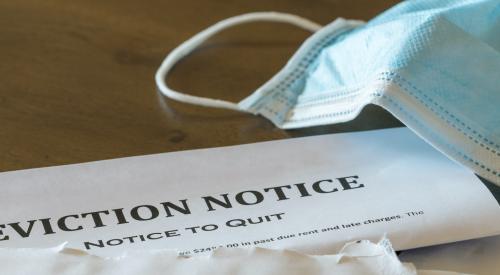Requests to delay mortgage payments jumped 1,896 percent between the week of March 16 and the week of March 30. Those high percentages may be mind-boggling, but the fact that many Americans are feeling the strain comes as no surprise: Applications for unemployment claims are at an all-time high, and many local economies are at a near standstill as the country works to slow coronavirus’ spread. Now mortgage payments are almost due, and borrowers are rushing to get government-backed mortgage payments delayed, as mandated by the Cares Act. The bill directs lenders to give borrowers a delay of at least 90 days, which will either be repaid at a later date or canceled. But the process is getting more difficult by the day as call centers are overwhelmed, leading to long wait times that prompt some borrowers to hang up before getting their requests through.
Mortgage payments for the month of April are not even officially late until the 15th, but borrowers are flooding into the government’s mortgage forbearance program.
Requests to delay mortgage payments grew by 1,270% between the week of March 2 and the week of March 16, and another 1,896% between the week of March 16 and the week of March 30, according to numbers released Tuesday by the Mortgage Bankers Association. It includes data on 22.4 million loans serviced as of April 1, almost 45% of the first lien mortgage servicing market.
The Cares Act, which President Donald Trump signed March 27, seeks to limit the economic damage from COVID-19. The government implemented the mortgage relief measures before Trump signed the bill. It mandates that all borrowers with government-backed mortgages — about 62% of all first lien mortgages according to the Urban Institute — be allowed to delay at least 90 days of monthly payments and possibly up to a year’s worth. Those payments must ultimately be remitted either at the end of the loan term or in a structured modification plan.












